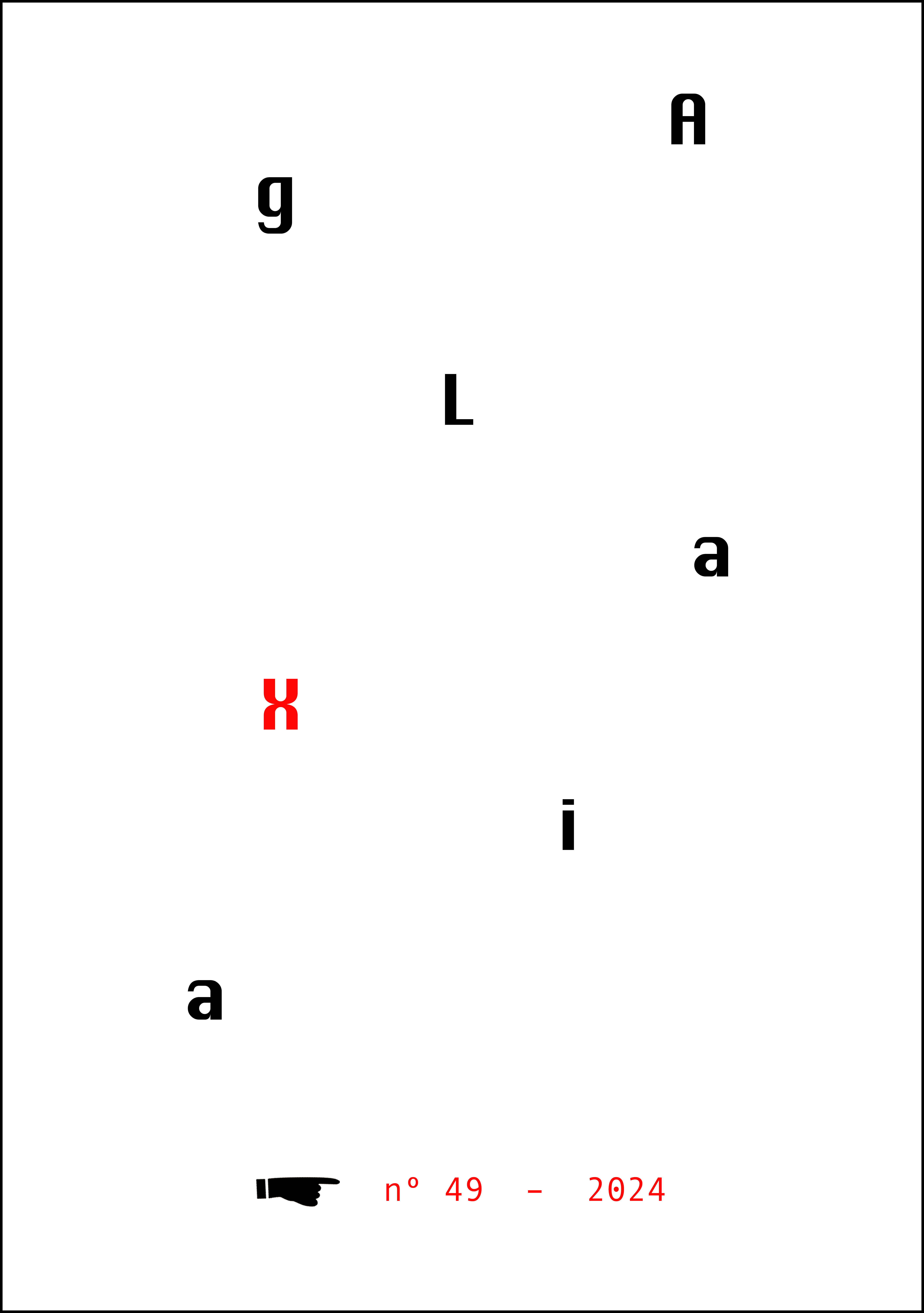Feminist [digital] networks
hacking patriarchy?
Keywords:
feminist activisms, feminismo, cultura digital, comunicaçãoAbstract
The space of digital mediation, namely digital platforms, and particularly, Instagram, serve as a contemporary locus for observing the complex and paradoxical dynamics of feminist articulations. This study aims at mapping and analysing these dynamics through the employment of a combination of methodologies. As a result, a radiography of the communicational structure of these articulations is presented, highlighting feminist and women’s agendas and practices which manifest themselves as political actions which seek to expand the flow of communication of feminist grammar through this device, Instagram.
References
BAER, Hester. Redoing feminism: digital activism, body politics, and neoliberalism. Feminist Media Studies, v. 16, n. 1, p. 17-34, 2016.
BANET-WEISER, Sarah. Empowered: Popular Feminism and Popular Misogyny. Durham: Duke University Press, 2018.
BANET-WEISER, Sarah; GILL, Rosalind; ROTTENBERG, Catherine. Postfeminism, Popular Feminism and Neoliberal Feminism? Sarah Banet-Weiser, Rosalind Gill and Catherine Rottenberg in conversation. Feminist Theory. City Research online v. 21, n. 1, p. 3-24, 2019.
BENNETT, W. Lance; SEGERBERG, Alexandra. The Logic of Connective Action: Digital media and the personalization of contentious politics. Information, Communication & Society, v. 15, n. 5, p. 739-768, 2012.
BUDGEON, Shelley. The Contradictions of Successful Femininity: Third Wave Feminism, Post-Feminism and ‘New’ Femininities. GILL, Rosalind; SCHARFF, Christina (org.). New femininities. Postfeminism, Neoliberalism and Subjectivity. London: Palgrave Macmillan, p. 279-292, 2011.
FALUDI, Susan. Backlash: The Undeclared War against American Women. London: Chatto & Windus Ltd, 1991.
FARRIS, Sara; ROTTENBERG, Catherine. Introduction: Righting Feminism. New formations: a journal of culture/theory/politics Lawrence & Wishart, v. 91, p. 5-15, 2017. Disponível em: https://muse.jhu.edu/article/671947/pdf. Acesso em: 4 set. 2024.
GIBBS, Martin; MEESE, James; ARNOLD, Michael; NANSEN, Bjorn; CARTER, Marcus. #Funeral and Instagram: Death, Social Media, and Platform Vernacular. Information, Communica tion & Society, v. 18, n. 3, p. 255-268, 2015.
GILL, Rosalind. Postfeminist media culture: Elements of a sensibility. European Journal of Cultural Studies, v. 10, n. 2, p. 147-166, 2007. Disponível em: https://oro.open.ac.uk/9508/ Acesso em: 4 set. 2024.
KANNENGIEBER, Sigrid. Online Women’s Networks. Wiley Online Library. 08 July 2020. Disponível em https://onlinelibrary.wiley.com/doi/full/10.1002/9781119429128.iegmc027. Acesso em: 4 set. 2024.
LETHERBY, Gayle. Feminist Research in Theory and Practice. Buckingham: Open University Press, 2003.
MCROBBIE, Angela. The Aftermath of Feminism Gender, Culture and Social Change. London: SAGE Publications, 2009.
MENDES, Kaitlynn; DIKWAL-BOT, Diretnan. Feminist Media Activism. Wiley Online Library, 08 July 2020. Disponível em https://onlinelibrary.wiley.com/doi/abs/10.1002/9781119429128.iegmc066. Acesso em: 4 set. 2024.
MENDES, Kaitlynn; RINGROSE, Jessica; KELLER, Jessalynn. Digital Feminist Activism: Girls and Women Fight Back Against Rape Culture. Oxford Scholarship Online: February 2019. Disponível em https://academic.oup.com/book/5871. Acesso em: 4 set. 2024.
MIÑOSO, Yurdekis Espinosa. Hacer genealogía de la experiencia: el método hacia uma crítica a la colonialidad de la Razón feminista desde la experiencia histórica en América Latina. Revista Direito e Práxis, Rio de Janeiro, v. 10, n. 03, p. 2007-2032, 2019.
MISKOLCI, Richard. Exorcizando um fantasma: os interesses por trás do combate à “ideologia de gênero”. Cadernos Pagu, n. 53, 2018.
Downloads
Published
How to Cite
Issue
Section
License
Copyright (c) 2024 Galaxia

This work is licensed under a Creative Commons Attribution 4.0 International License.
I cede the copyrights to publication of my article to Galaxia journal and will consult the journal’s scientific editor should I decide to republish it later in a book.



 Este obra está licenciada com uma Licença
Este obra está licenciada com uma Licença 